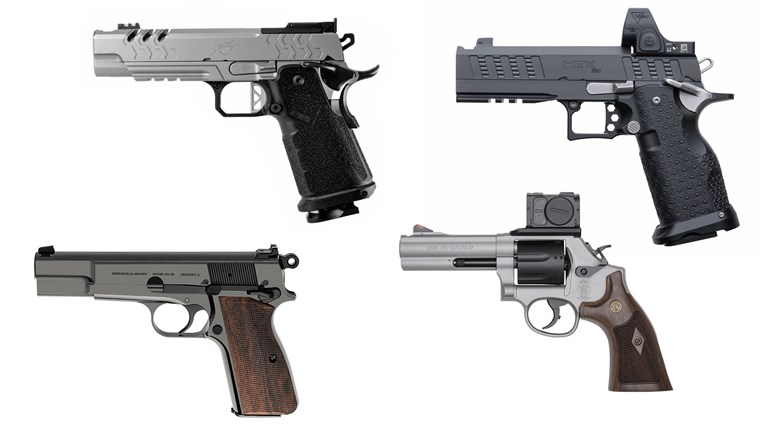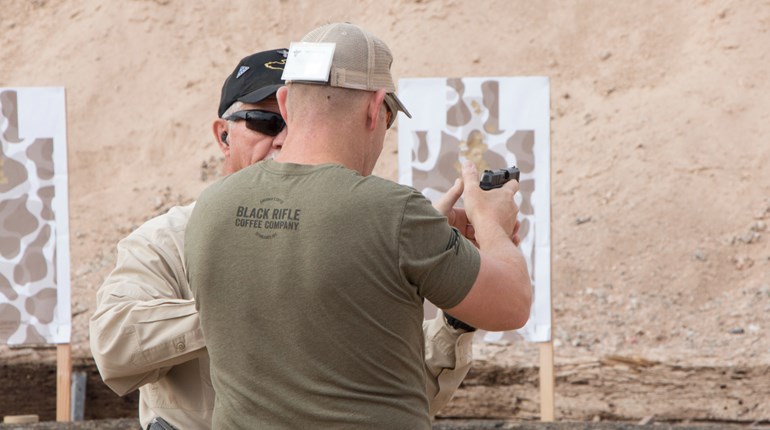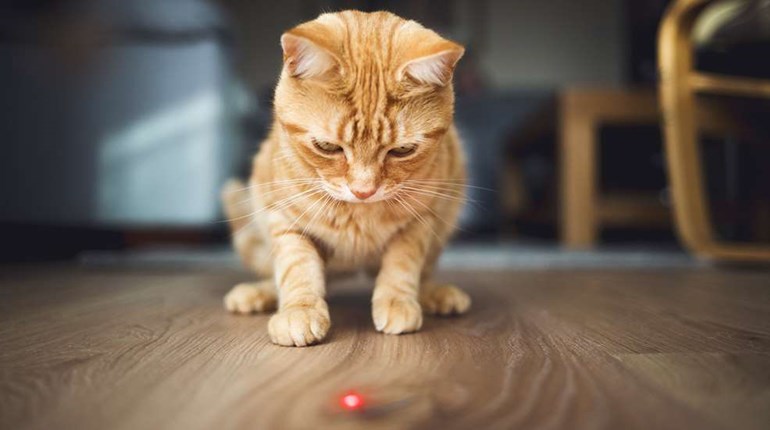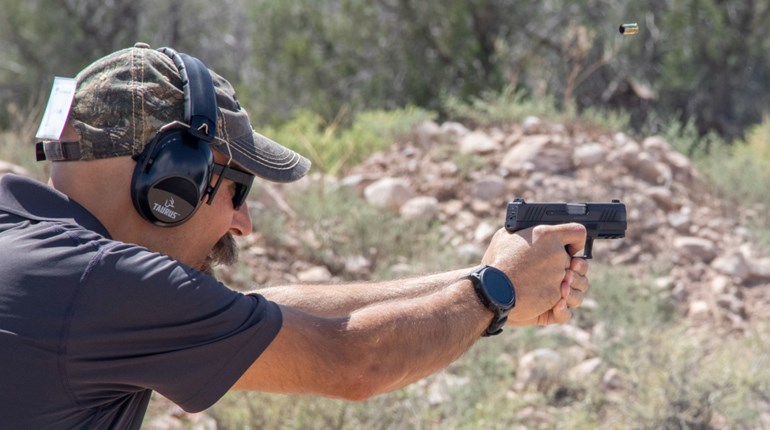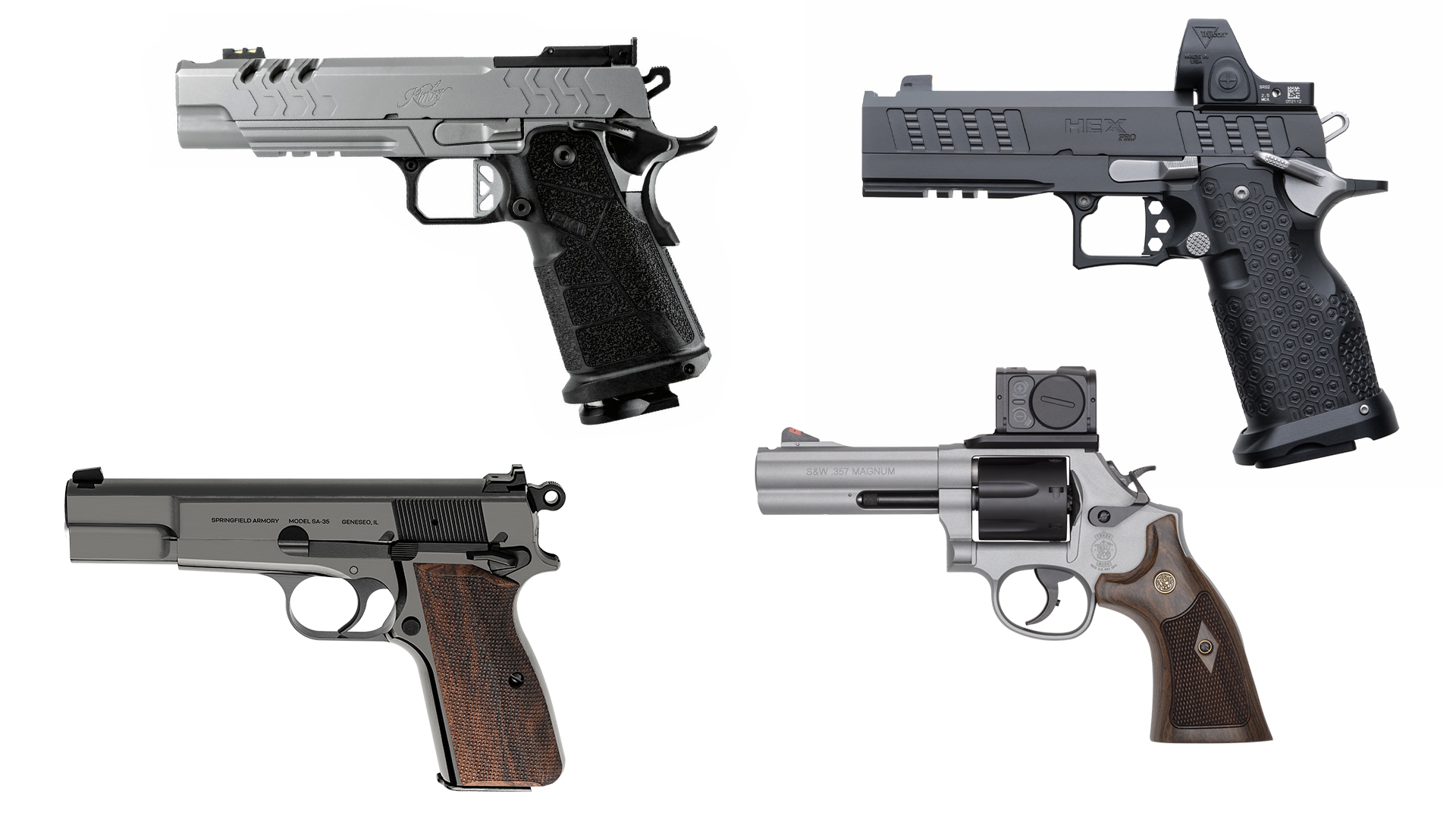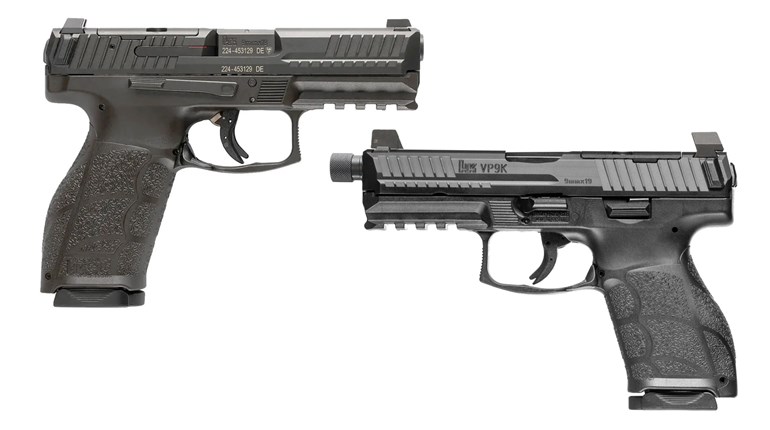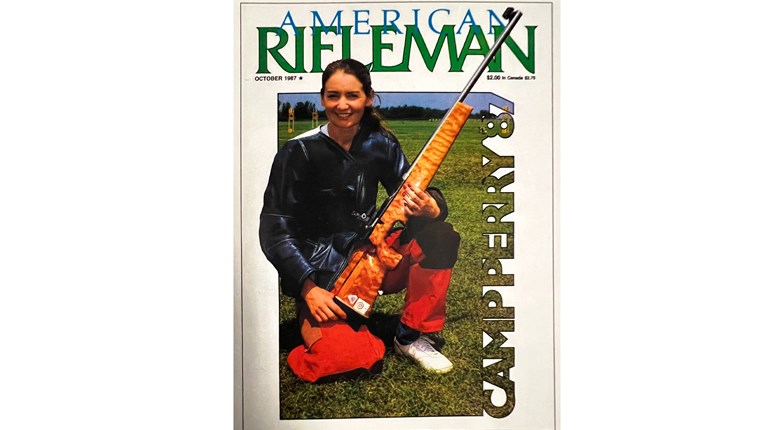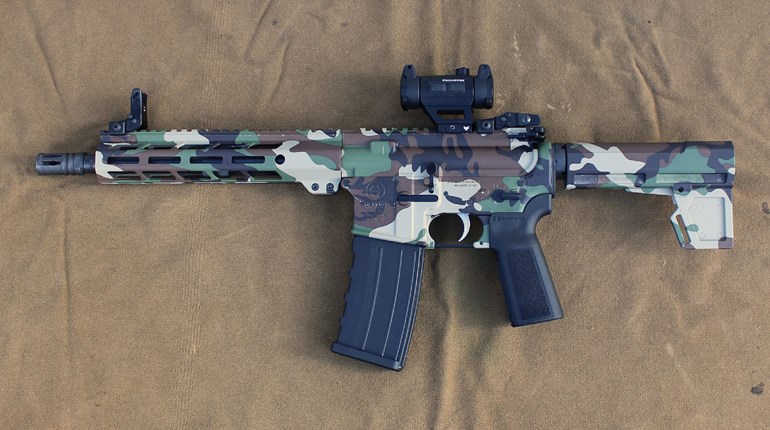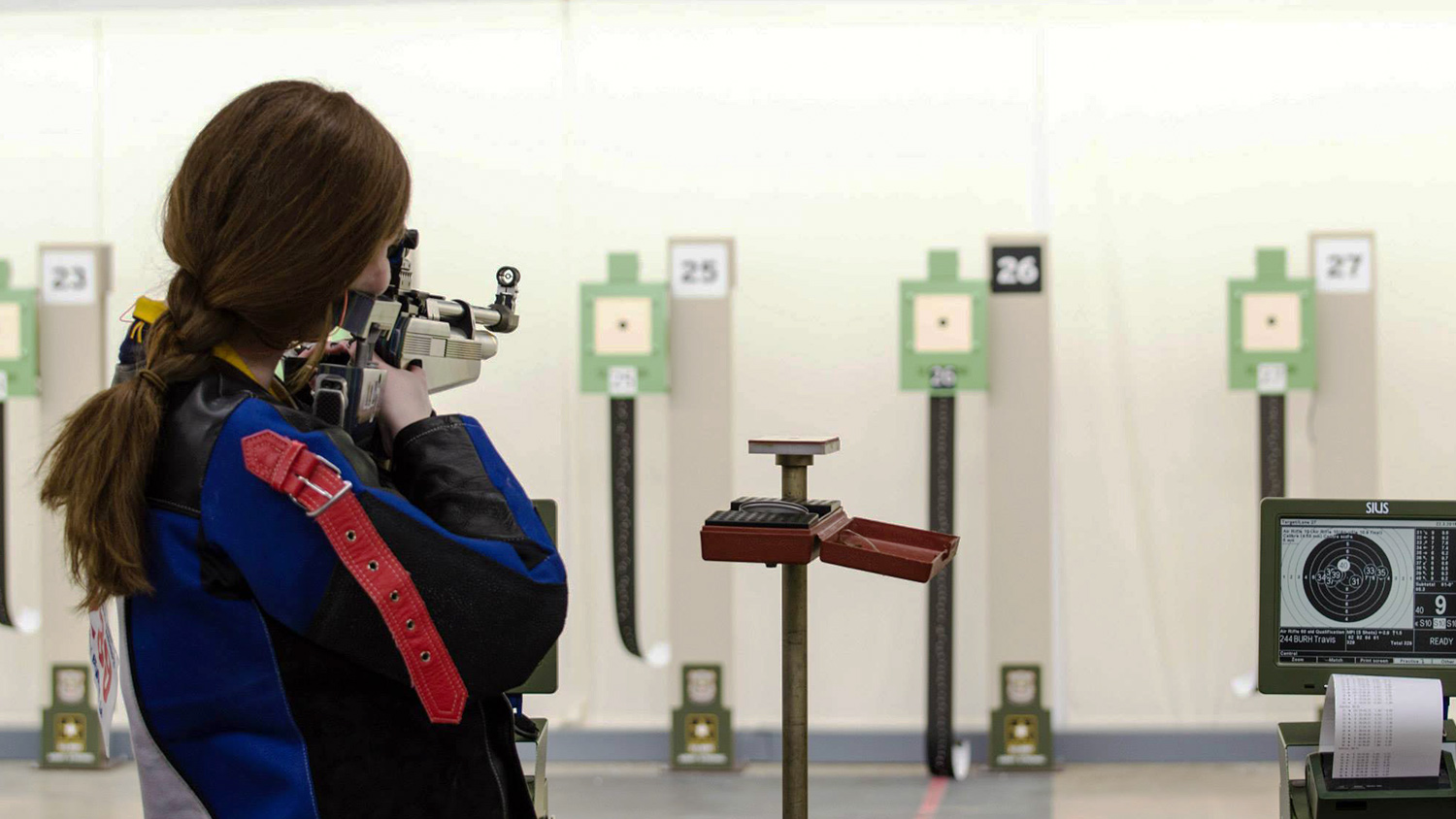
There are many things that will help you do well in matches. Here are some of the most important.
1) Select your match early and register well in advance of the date of the competition. You can find a complete listing of NRA-sanctioned matches that's updated monthly in Coming Events.
2) Study the match program and be familiar with the conditions of the match.
3) Know the rules for the type of event you will be shooting. Study them to be sure you understand how the match will be conducted and what equipment and positions are legal. For example, all NRA rules are available in PDF format at this link: rulebooks.nra.org.
4) Be prepared before you go to the match. Practice the same course of fire you will be firing at the match. Be sure to follow the same time limits and other match conditions.
5) Check all your equipment before you go to the match. Be sure you have everything you need, including enough ammunition.
6) Arrive early—at least 45 minutes to one hour before the match is scheduled to begin. This way you will have plenty of time to get ready without having to rush.
7) Have your body ready for competition. This means giving your body a chance to get ready for the match physically. Get a good night’s rest, but wake up well before the match starts. Don’t eat a full meal less than three or four hours before shooting. Being in good physical shape is always an advantage. A warm-up with some light stretching exercise can also help.
8) Give your mind a chance to get ready. You should be mentally prepared. Think about the match ahead of time and go through what you will do. Remember to think about the basics of firing the shot and how you will do them correctly at the match.
9) You may begin to feel excited. This is a perfectly natural condition that many shooters go through before and during a match. If you remember to think hard about the important fundamentals, such as holding the rifle steady and getting a smooth trigger squeeze, this excitement can actually help you shoot better.
10) Be sure to ask a match official or other shooter what you should do if there is something you don’t understand. Most experienced competitive shooters take pride in helping new shooters get a good start in competition and will be glad to help.
11) Remember, going to a match is fun. Look for new friends to meet. Try to break your personal record from your last match. Learn something new about the area you travel to. And look forward to the thrill you’ll get from that first medal or trophy.
Bonus tip—Develop your own training plan. There are three steps to developing a personal training plan.
- Write down your shooting goal(s). Include step-by-step expectations for score improvements.
- Make a planning calendar showing what you will do in the next month or two to work toward that goal.
- If you have not started one already, begin keeping a shooter’s diary in which you record the results of your training sessions.
Think of these tips as merely a roadmap for your own planning for success in competition. Every competitive shooter develops their own style of preparation.













